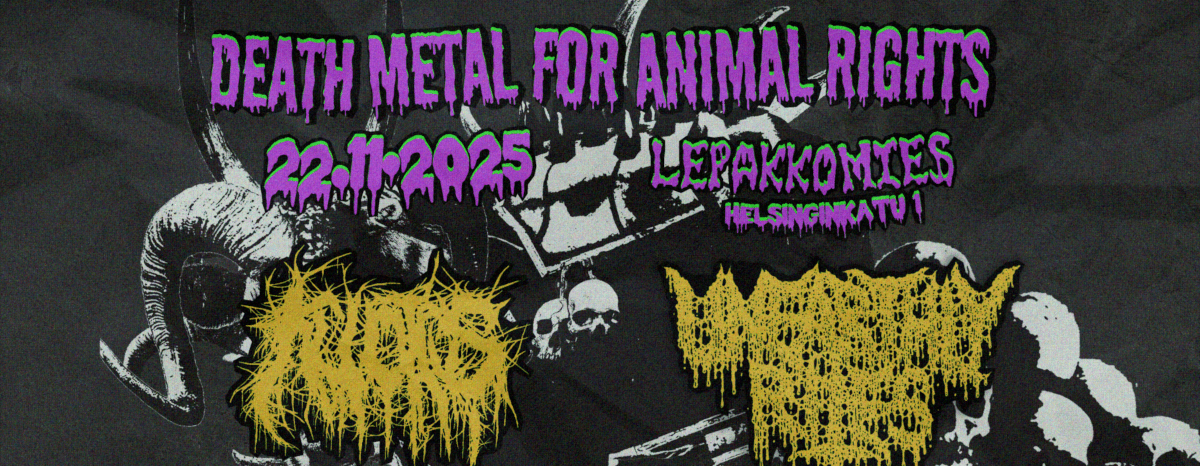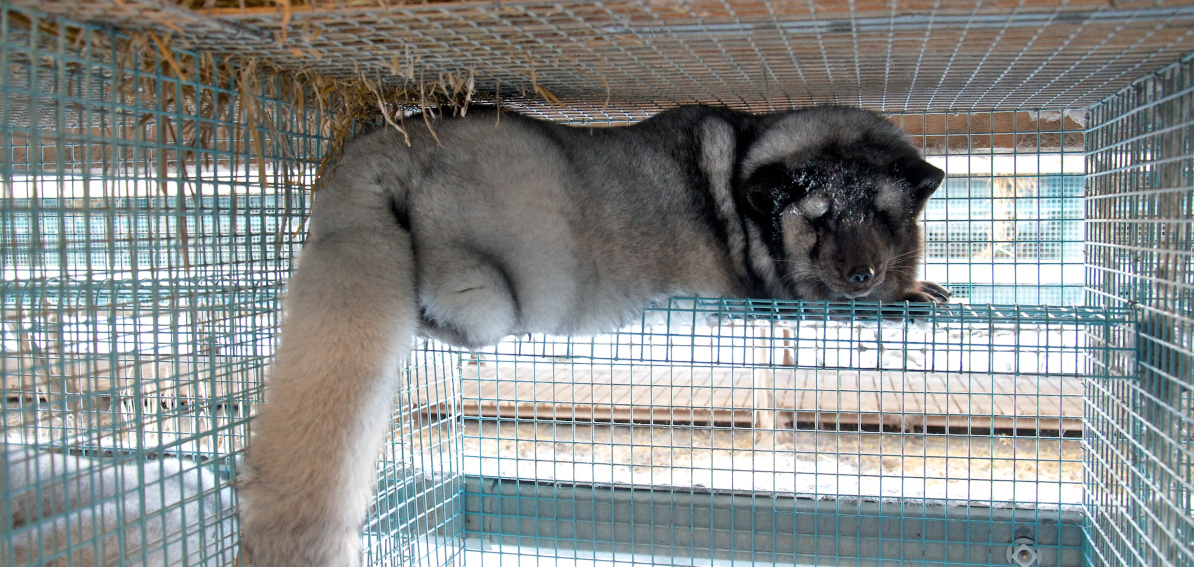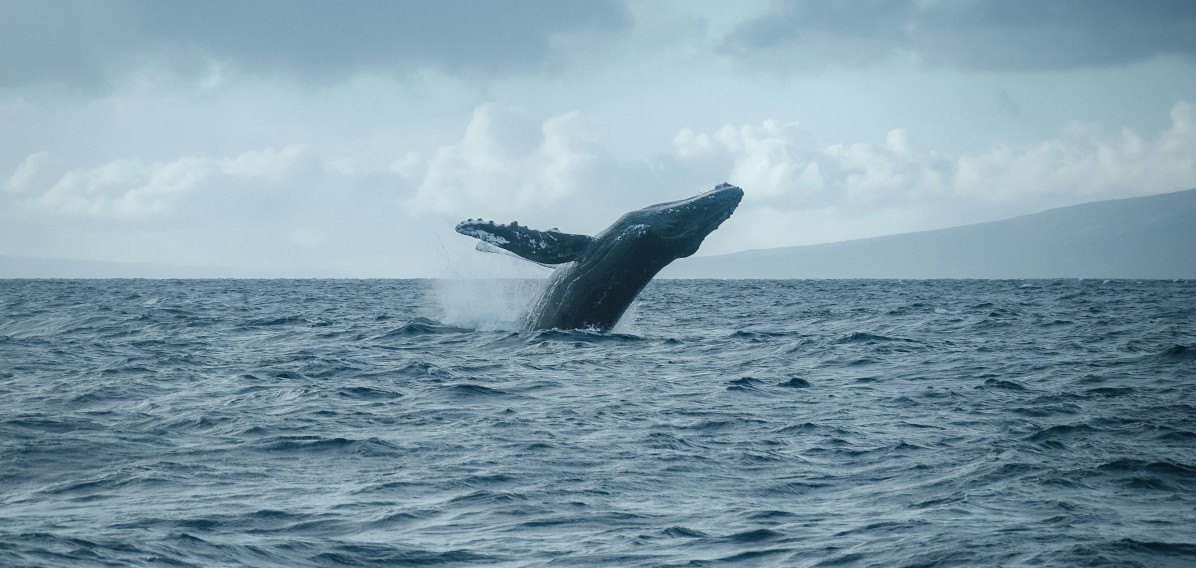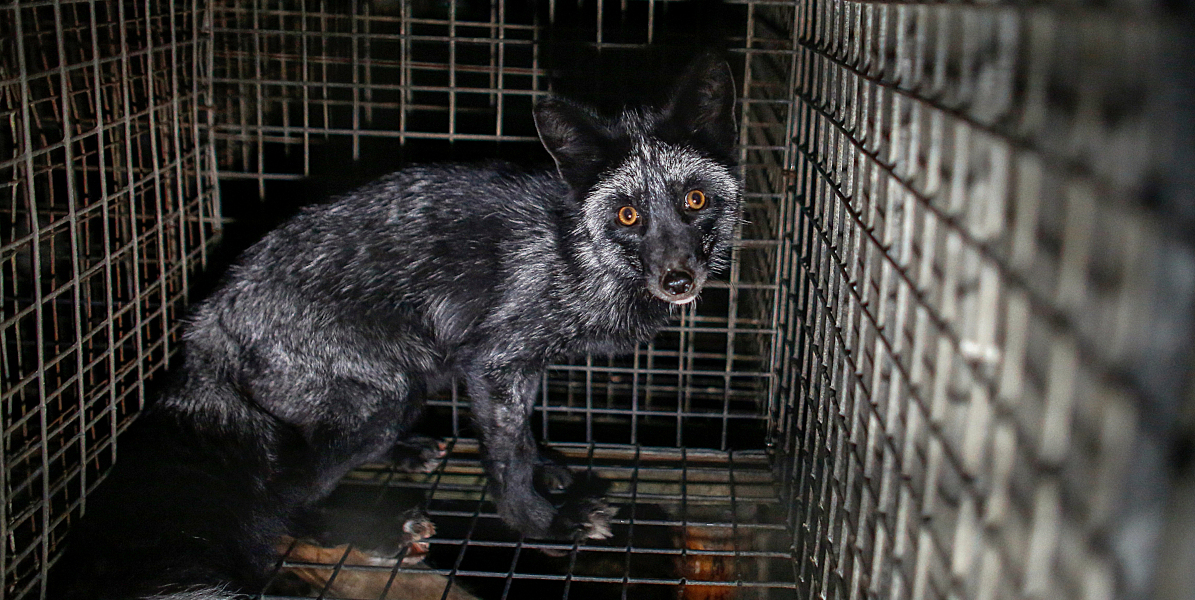Finland’s Parliament passed a new animal welfare act in 2023, which addresses some of the shortcomings but does not improve the situation of the majority of farmed animals. The act came into force at the beginning of 2024.
The act addresses the rearing of pigs with a few restrictions. The long-term use of gestation crates for pigs will be abolished by 2035 and the construction of new farrowing crates was banned when the law came into force. However, the use of existing farrowing crates will not be banned.
Surgical castration of piglets will be banned for a transitional period of 12 years. As soon as the act came into force, the use of anti-inflammatory medication for castration of piglets was made compulsory, and from 2027, local anaesthesia will be added. From 2035, surgical castration of piglets will only be allowed under anaesthesia by a veterinarian and only for reasons justified by the animal’s welfare, i.e. not on a routine basis.
Compulsory analgesia also became a requirement for all other painful procedures, such as the disbudding of calves. The use of video monitoring in slaughterhouses was allowed, but not made compulsory.
Existing tie stalls were not prohibited
A number of new requirements will tighten up the keeping of cattle. The construction of new tie stalls was banned when the law came into force, but the use of existing tie stalls was not banned. The outdoor exercise of dairy cows in tie stalls will be increased by extending the walking period from 60 days to 90 days per year. In future, investment aid will only be granted for the construction of free stalls with a paddock or pasture. The using of tie stalls for beef cattles will be banned for a transitional period of five years, until 2028.
In principle, the law will continue to require continuous drinking water for all mammals and birds. However, exceptions to this requirement were included, such as reindeers, calves, sled dogs and some fur animals. For example, in the case of calves reared in so-called igloos and sled dogs, it means that they must be watered three times a day during the winter, but constant supply of water is not required. The same derogation applies to non-breeding animals on fur farms. Animalia objected to these derogations from the continuous water supply.
The animal act also strengthened the requirement in the Fishing Act to kill fish. Fish caught or used as bait must be killed as quickly and painlessly as possible. However, this is not required if the catch is large or the conditions are such that the fish cannot be killed immediately. In other words, the requirement does not apply to most commercial fisheries.
Stricter requirements for pets
The law also addressed the breeding of animals by clarifying the rules. The law prohibits the use of an animal for breeding if the breeding combination used is likely to cause the offspring to be diseased with detrimental effects to the animal’s welfare, if the animal is unable to reproduce naturally because of a hereditary trait or disease, or if reproduction is likely to cause significant harm to the welfare of the animal. Veterinarians were required to report measures taken in dogs and cats because of hereditary defects.
The law also stipulates that the reproduction of mammals must be under the control of the animal’s owner. This requirement is intended to tackle uncontrolled reproduction, particularly in cats.
The explanatory memorandum to the law states that animals have intrinsic value. However, due to political opposition, this value was not included in the text of the law. The law also prohibited sexual intercourse with an animal.
In future, the new law will prohibit the use of all wild animals in circuses and travelling exhibitions. This will make it impossible to operate dolphinariums, for example, and sea lions will no longer be allowed in circuses. Until 2024, sea lions could be kept in circuses.
Compulsory identification and registration of dogs and cats was introduced. The law also finally banned the use and sale of electric and spiked collars. However, the ban does not apply, for example, to electric cattle prods used to move farm animals.
New conditions for the sale of dogs and cats were introduced, including requirements for information on the seller in the declaration. The sale of all animals on the move and at public events was banned.
Much remained to be done to improve the law
However, despite the good record, the law is far from perfect. It left a long list of important issues that should be addressed immediately. The shortcomings include:
Fur farming is not banned and the requirements for the breeding of fur animals are not tightened.
Compulsory grazing will not be introduced for all dairy cows, let alone all cattle, even though grazing is an essential behavioural need for cows. In any case, cattle are the only category of farm animals for which some form of outdoor grazing is required by law. The existing livestock buildings may be used as long as they are in working order.
Old farrowing crates may also be used until the end of their useful life, even if this means, in the worst case, continuing for decades. The replacement of old farrowing cage structures and the construction of new staff quarters in old pigsties is allowed. This will extend the life of the old piggeries.
Caged hens are not banned, although it is clear that living in a small mesh cage as an egg production machine is not in the best interest of the animal. There will be no restrictions on broiler rearing. A new farm animal, the water buffalo, was also added to the law. In the future, water buffalo may be bred for meat production in Finland.
The post of Animal Ombudsman was not included in the act and was abolished in early 2024.
The long transitional periods included in the law are also very disappointing: surgical castration of piglets and gestation crates for sows will not be banned until 2035.
At the last minute, the law also contains a really significant weakening compared to the previous one: animal welfare controls in the home will only be possible in future in cases where the maximum penalty is imprisonment. This means that the sanctity of the home may no longer be violated in situations where only acts or omissions punishable by a fine are concerned. The amendment now excludes a large proportion of animal welfare offences from the scope of the checks.
The law will be refined in the coming years by updating the animal husbandry regulations.
References (each link will open in a new tab)
Animal Welfare Act (693/2023) (in Finnish)
Animal Welfare Act (693/2023) (in Swedish)
Animalia. Present State and Future Prospects of Fur Farming in Finland
Photo: Havva Zorlu / We Animals Media





